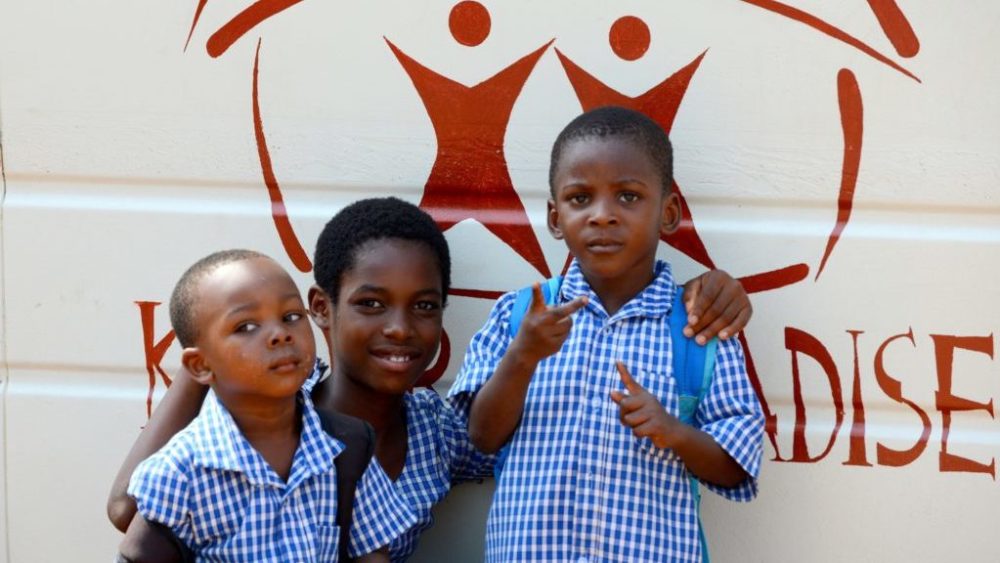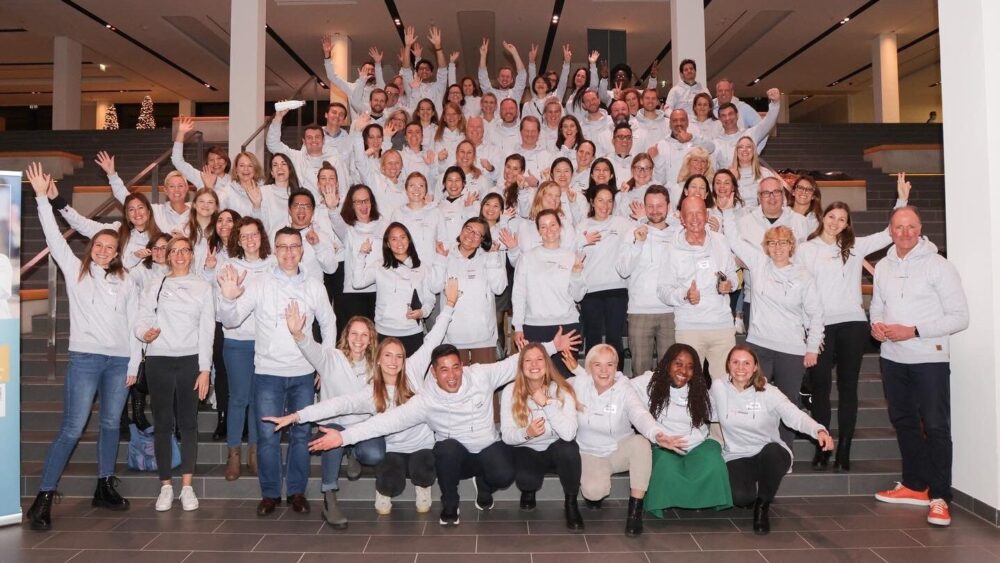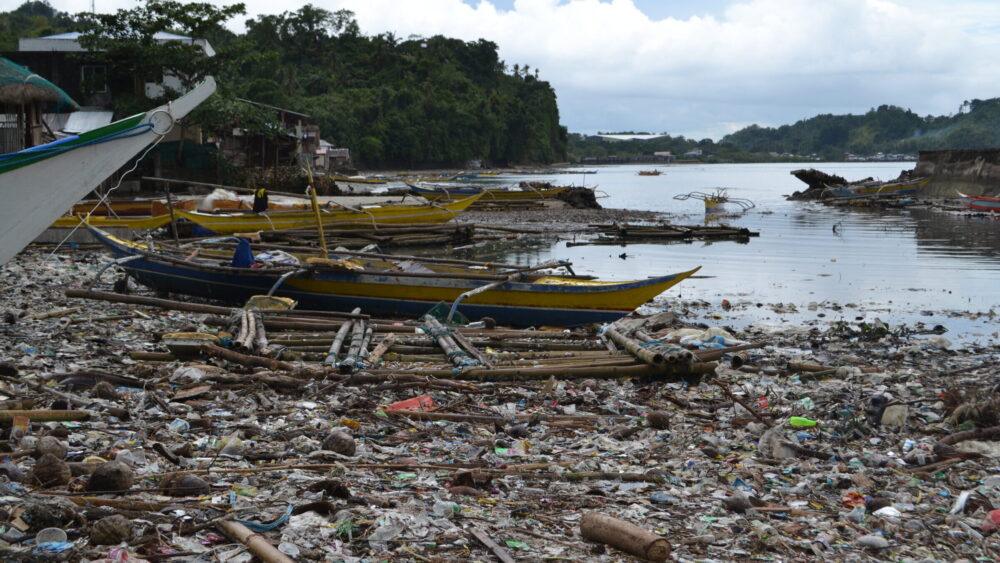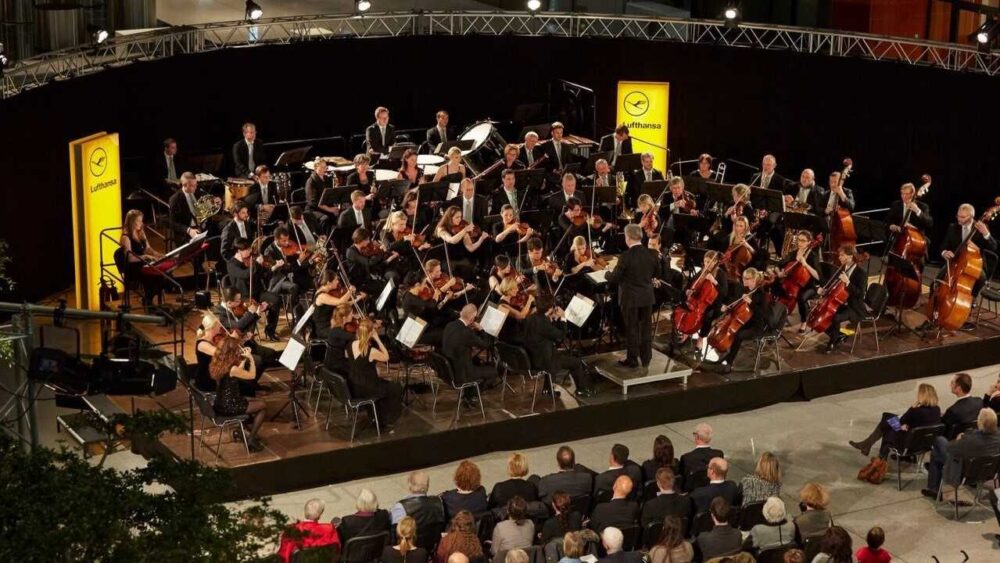
The children of the lake
The help alliance project Kinder Paradise in Ghana takes care of former child slaves – project coordinator Iris Sandhof tells their story
“Ghana is one of the countries in the world with the highest levels of child trafficking – both within Ghana and beyond its borders. The main areas of use for the children are fishing and cocoa cultivation, but also as domestic help. Especially girls, but also boys, are often trafficked to Kuwait, where they disappear into households and are abused as work or sex slaves. Occasionally some of them make their way back to Ghana via the embassy of Ghana. Abroad, without language skills and without papers, they are at the mercy of the exploiters.
The children who work in fishing are between four and nine years old when they are sold and forced to work far away from their families. They receive no schooling or other training, only the necessities to eat and no medical care.
But also in Ghana children are often abused for work: Lake Volta in southeastern Ghana, for example, was the largest man-made reservoir for many decades. Whole rainforests have been flooded and the tropical woods do not rot. When the fishermen pull their fine trawls across the lake, they often get caught in the treetops. Then the small children are forced to dive and free the nets. This work is very dangerous because there is a great danger that the children will injure themselves on the branches or get entangled and drown in the nets. It is estimated that thousands of children work on the lake. All the children who have worked there for a while have seen another child drown. The lake is huge and ramified, with countless islands, so it is practically impossible to have these practices monitored by the police or military. Only a few children can be freed from slavery with great effort.
Some of these children then come to us in the Children’s Paradise. At the moment we have 17 children from the lake, as we call them here.
They are a great challenge for us. First, they don’t speak English, but a different local language than most of the children in the home. Secondly, they are used to hard survival, where the strongest prevails. For years they have lived together in groups on the boat most of the time and have no social behaviour comparable to that of other children. They are also intimidated and their masters tell them lies about the outside world. For example, children we took in were told that if they ran away or were picked up, they would die. We would poison them or suck their blood.
When the children are then picked up by the police with military protection and brought to us, it is a traumatic intervention in their lives to date. They have never known trust, and they are afraid of the new environment. In the beginning there is always the danger that they will run away.
The children are mostly malnourished and sick and need medical treatment. For example, almost all of them have schistosomiasis, a disease caused by a worm that is invisible to the naked eye, which bores through the skin and enters the bladder and internal organs. There it causes damage, which manifests itself in bloody urine and can degenerate into bladder cancer after years. Treatment is expensive and children often don’t get a proper check-up long after admission because they are afraid.
By creating extra classes in the school, the new children are taught in the safety of their group by a teacher who speaks their language and slowly acclimates to the home, giving them a chance at a new life.”
Here you can find out more about the project in Ghana.



